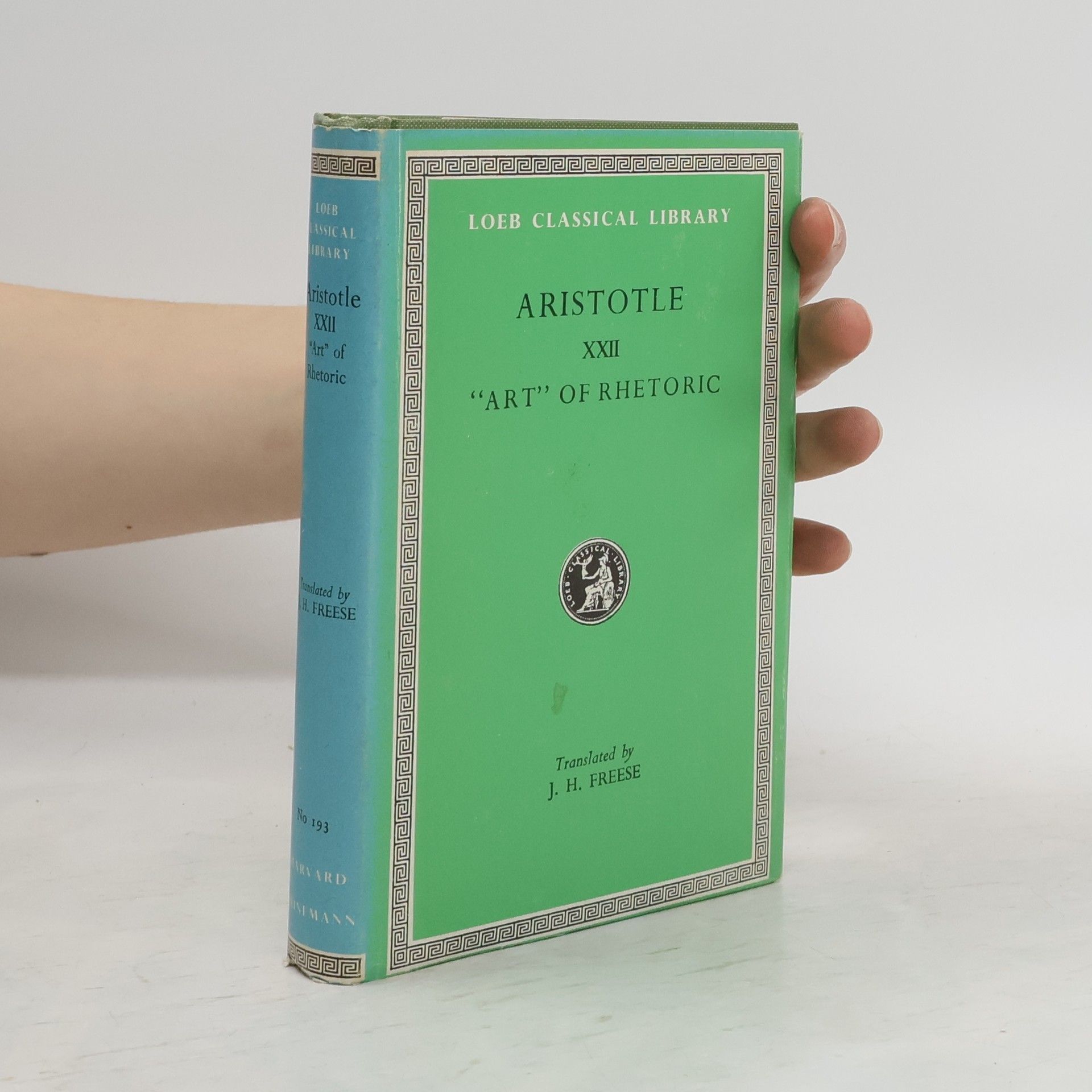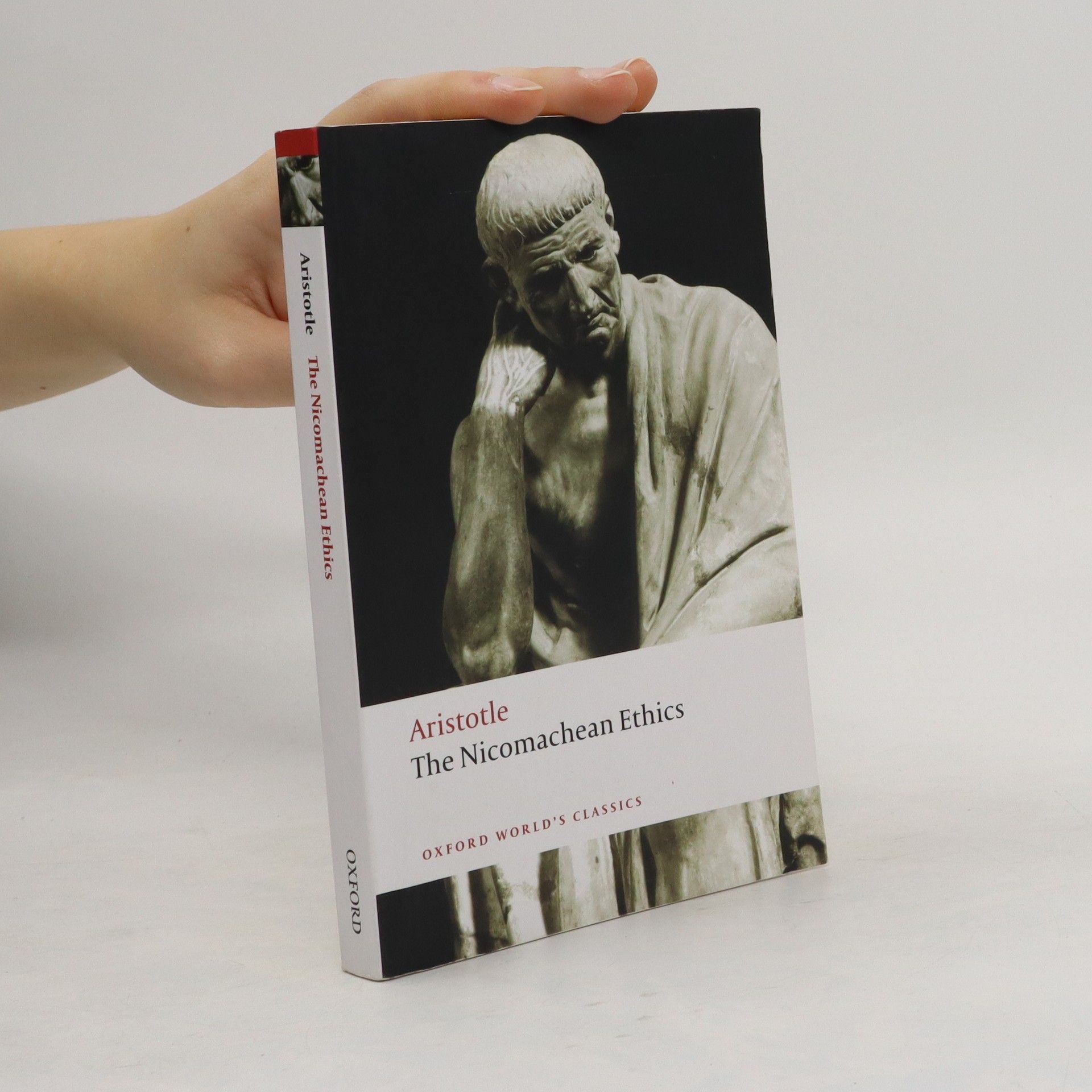The Nicomachean Ethics
- 336 pages
- 12 hours of reading
In the Nicomachean Ethics Aristotle examines the nature of happiness, which he defines as a specially good kind of life. He considers the nature of practical reasoning, friendship, and the role and importance of the moral virtues in the best life. This new edition features a revised translation and valuable new introduction and notes.




